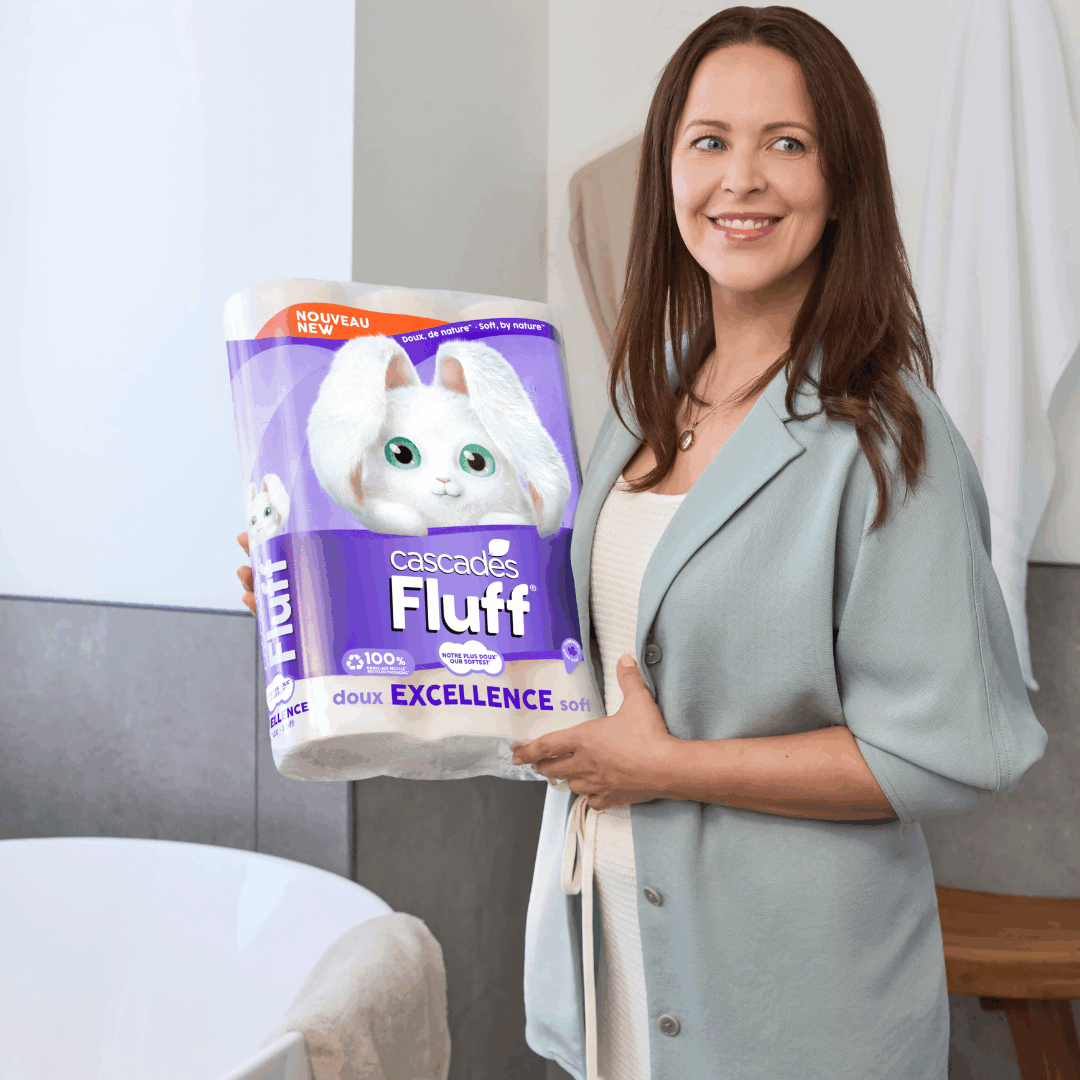
The “hypoallergenic” designation has established itself as an essential selection criterion for many everyday products, promising better tolerance for sensitive skin. This concept is particularly relevant for people wishing to minimize the risks of allergic reactions by opting for products that are more respectful.
The preference for hypoallergenic products highlights the importance placed on allergy prevention and gentle care, two crucial elements for family well-being. These products are sought after not only for their promise of softness and safety, but also for their contribution to a lifestyle attentive to skin health.
Let’s discover together what “hypoallergenic” really means, a term frequently mentioned, but rarely explained to people and families who are conscious of their purchases.
What does “hypoallergenic” mean? Definition and issues
The term “hypoallergenic” is made up of two parts “hypo,” which means “low” in Greek, and “allergenic,” which refers to the ability to cause an allergic reaction. A hypoallergenic product is therefore designed to minimize the risks of an allergic response.
This characteristic is essential for people with allergies or those who have sensitive skin. By choosing hypoallergenic items, families take one more step to protecting and caring for their skin, thereby reducing concerns.
The impact of hypoallergenic products in the household

The integration of hypoallergenic products into our homes plays a decisive role in preserving skin health, especially in younger people (babies and young children).
The benefits for families, especially those with young children
Families gain an undeniable benefit from using hypoallergenic items: increased peace of mind. The certainty that the care provided to the skin of babies and young children is free of potentially irritating or allergenic substances strengthens the relationship of trust between parents and the products they choose.
Common situations and practical examples of hypoallergenic items
For children and people with sensitive skin, in everyday life, there are many situations where having a hypoallergenic product is useful or even essential. Here are a few examples:
- During bath time: Using hypoallergenic soaps and shampoos protects the delicate skin of young children.
- After the bath: Hypoallergenic body milks and lotions moisturize without irritating. Such products take extra care to ensure that no harsh chemicals or allergens trigger skin reactions.
- For daily cleaning: Products with labels stating hypoallergenic, such as toilet paper, paper towels, and wipes ensure gentle and safe cleanliness. For adults, hypoallergenic cosmetics are also crucial in minimizing skin concerns. These products are specifically formulated to prevent reaction on contact and reduce continuous allergen exposure, ensuring that beauty routines can be enjoyed without compromising skin health.
- During meals: Hypoallergenic paper towels clean up small messes without irritating the skin.
- Having an animal with fur can also irritate our skin: Yes, it’s not just everyday products that can cause discomfort. Our four-legged friends, dogs and cats alike, can unwittingly cause this with animal danders.
These examples clearly illustrate how a wise choice can contribute to a healthier and more peaceful living environment for the whole family.
Importance of checking labels and certifications in Canada
In Canada, checking labels and certifications is a cautious move. It guarantees that the products you bring into your home meet high safety and quality standards, thereby minimizing the risks of allergy symptoms.
To identify true hypoallergenic products, follow these tips:
- Read the labels carefully: The components often reveal the true nature of the product.
- Look for certifications: Product labels that attest to compliance with gentleness and safety standards.
- Rely on the reviews: Feedback from other consumers can be revealing, especially if they experienced allergic symptoms.
- Inquire with the manufacturers: Companies generally offer phone lines or email addresses for consumers with questions.
Myths and realities surrounding hypoallergenic products

Sometimes, preconceived notions are stubborn and blur the path to better consumption. In this section, we will explore two common myths about hypoallergenic items.
- They are only necessary for people with a history of allergy attacks: It is often thought that only people who are already sensitive or allergic need hypoallergenic products. However, their use can benefit all skin types by preventing the development of potential sensitivities or allergies, particularly in young children, whose skin is more vulnerable.
- They are free of all allergens: In reality, they are formulated to minimize the presence of agents likely to cause skin allergies, but it is not guaranteed that they are completely allergen-free for each individual.
The commitment of Cascades Fluff & Tuff® to Canadian families is not limited to offering quality products; it extends to guaranteeing softness and safety through hypoallergenic toilet papers suitable for everyone. By privileging carefully selected raw materials and following strict standards, Cascades Fluff & Tuff® ensures that it meets the needs of modern families, thereby contributing to a healthier and more peaceful daily life.
Pssst! If our explanation of the term hypoallergenic has piqued your interest, you’ll find other enriching articles on our blog. Whether you’d like to discover small, everyday ecological gestures, deepen your understanding of sustainable development or learn how to identify recyclable packaging, our resources are there to guide you. Each one will help you adopt a gentler lifestyle!












